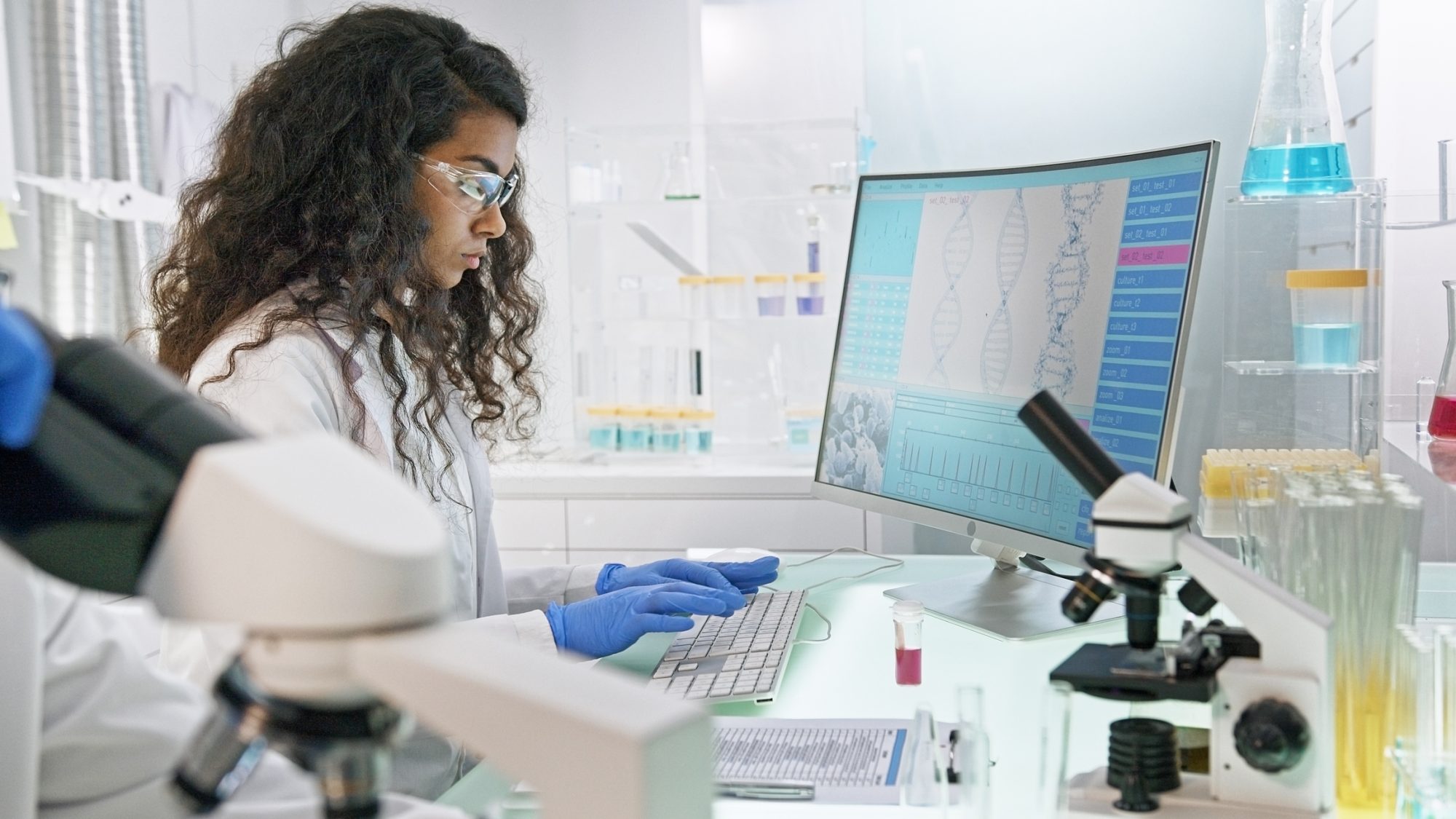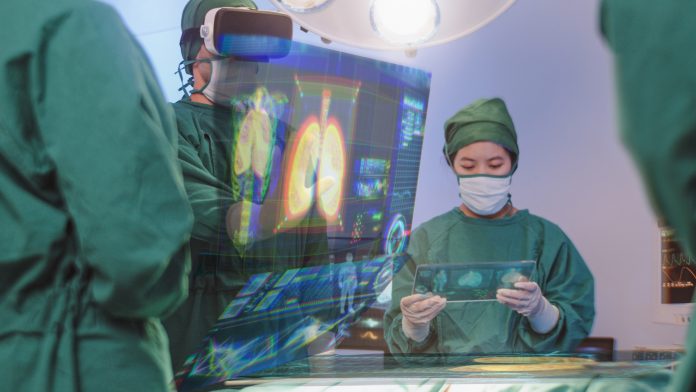AI in the NHS: The UK’s national health service is to deploy £21M investment into artificial intelligence, accelerating diagnoses for cancers, strokes, and heart conditions, revolutionising patient care
In a significant move, NHS Trusts will have the opportunity to secure funding for the swift implementation of AI tools, enabling faster treatment of patients during the upcoming winter.
Furthermore, the government pledges to incorporate AI decision-support tools into all stroke networks by the end of 2023, thereby enhancing stroke diagnosis and treatment and bolstering health and social care.
Notably, the Health and Social Care Secretary has unveiled dedicated funding for these initiatives in anticipation of the NHS’s 75th anniversary.
A new beginning for UK medical care through promoting AI in the NHS
The fund of £21M will boost the use of AI in the NHS like diagnostic capabilities in medical care. Trusts can access it for swift deployment of advanced AI tools, expediting critical diagnoses like cancer, stroke, and heart conditions.
The Health and Social Care Secretary commits to expanding AI stroke-diagnosis tech to 100% of networks by 2023, reducing treatment delays.
This initiative aligns with the Health and Social Care Secretary’s pledges to expand AI stroke-diagnosis technology to cover all stroke networks by 2023, benefiting thousands of stroke patients with faster treatment.
Secretary Steve Barclay spoke of the initiative in his statements:
“Artificial intelligence is already transforming the way we deliver healthcare, and AI tools are already making a significant impact across the NHS in diagnosing conditions earlier, meaning people can be treated more quickly.”
AI tools are already making a significant impact across the NHS in diagnosing conditions

Enhanced cancer detection and stroke diagnosis
The AI diagnostic fund aims to utilise AI tools in analyzing chest X-rays, the primary method for diagnosing lung cancer, the leading cause of cancer-related deaths in the UK.
With a substantial number of monthly chest X-rays, deploying diagnostic AI tools to more NHS Trusts will aid clinicians in early cancer detection, ultimately enhancing patient outcomes.
The use of AI in the NHS has already demonstrated significant benefits, including faster stroke diagnoses, which can double the chances of post-stroke independent living.
The £21 million funding will be available for bids to deploy AI diagnostic tools, subject to demonstrating value for money.
With a prior investment of over £100 million in up to 86 Artificial intelligence technologies, the government has already improved patients’ lives through improved stroke diagnosis, screening, cardiovascular monitoring, and home condition management.
Professor Stephen Powis, NHS national medical director, made a comment about this milestone: “The NHS is already harnessing the benefits of AI across the country in helping to catch and treat major diseases earlier, as well as better managing waiting lists so patients can be seen quicker.”
The NHS is already harnessing the benefits of AI across the country in helping to catch and treat major diseases earlier
Secretary of State for Science, Innovation, and Technology, Chloe Smith, also agreed and came in strong support for this: “Improving diagnosis and speeding up treatments for patients through AI is a game-changer.”
Transforming healthcare with artificial intelligence
The introduction of the AI & Digital Regulation Service by the government simplifies the process for NHS staff to access information and guidance for the safe deployment of AI devices.
This not only aids developers and adopters in understanding NHS regulations but also streamlines product development and market entry, saving valuable time.
With the NHS spending £10 billion annually on medical technology and the global market projected to reach £150 billion next year, improved access to new technologies brings substantial benefits to patients, enabling preventive measures, early diagnosis, effective treatments, and speedy recovery.











